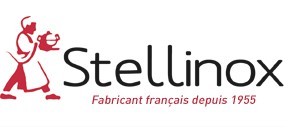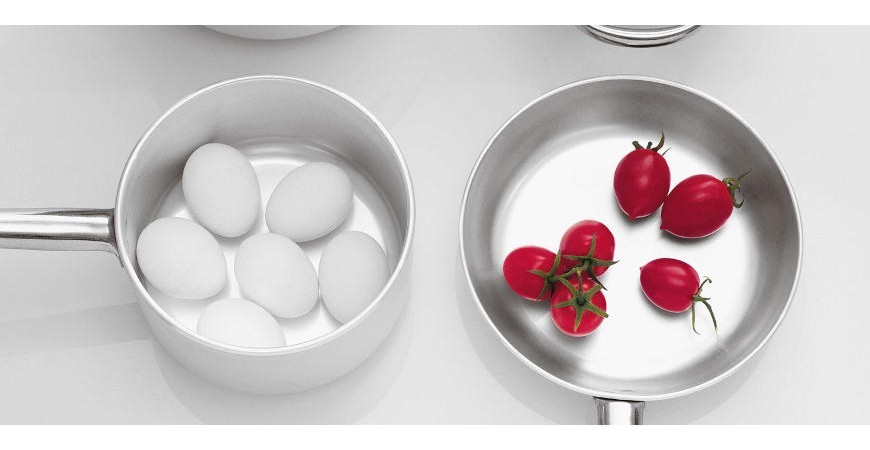Is it safe to cook in aluminium pots and pans?
Cooking in aluminium pots and pans is generally considered safe, but there are a few points to consider before deciding to cook in an aluminium pot.
The advantages
High thermal conductivity: Aluminium has excellent thermal conductivity, which means it heats up quickly and distributes heat evenly.
Lightweight: Aluminium cookware is lightweight, making it easy to handle.
Affordable: aluminium cookware is often less expensive than stainless steel or copper.
Concerns to consider
Reaction with certain foods: Aluminium can react with certain acidic or salty foods, causing small amounts of aluminium to be transferred to the food. Studies suggest that high levels of aluminium may be associated with health problems, although the cause-and-effect relationship is not yet clear.
Risk of scratching: Aluminium cookware can scratch easily, which can increase the risk of reaction with certain foods.
Reaction with certain detergents: some detergents can react with aluminium, causing colour changes and possibly altering the cooking surface.
If you choose to cook in aluminium, here are some tips to minimise the risks
- Avoid cooking acidic or salty foods for long periods.
- Do not store leftovers directly in aluminium containers
- Avoid using scratched aluminium cookware
- Wash your aluminium cookware by hand rather than in the dishwasher;
If you have any doubts about using aluminium in the kitchen, you can choose stainless steel, cast iron or other materials that are considered safe.
Aluminium frying pans
can be manufactured with or without a non-stick coating. Aluminium is a popular material for frying pans because of its high thermal conductivity and light weight:
- Aluminium pans without a non-stick coating often require the addition of fat, oil or butter to prevent food from sticking to the surface. They are generally used for browning, grilling or cooking food at high temperatures.
- Non-stick coated aluminium pans have a layer of non-stick material applied to the surface of the pan. This significantly reduces the need for cooking fat and food is less likely to stick to the surface. They are often preferred for cooking delicate foods.
It's important to note that non-stick pans, whether aluminium or stainless steel, require special care to maintain their performance and avoid damaging the coating. We recommend using silicone, wood or nylon utensils with these types of pans rather than metal ones, which could scratch or damage the non-stick coating.

